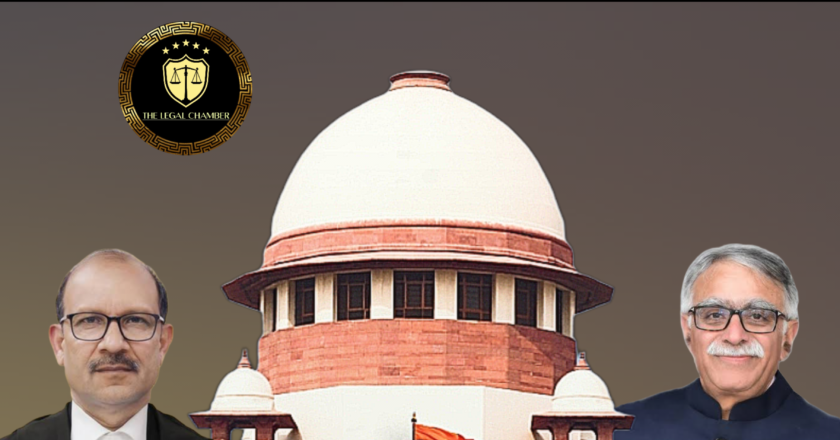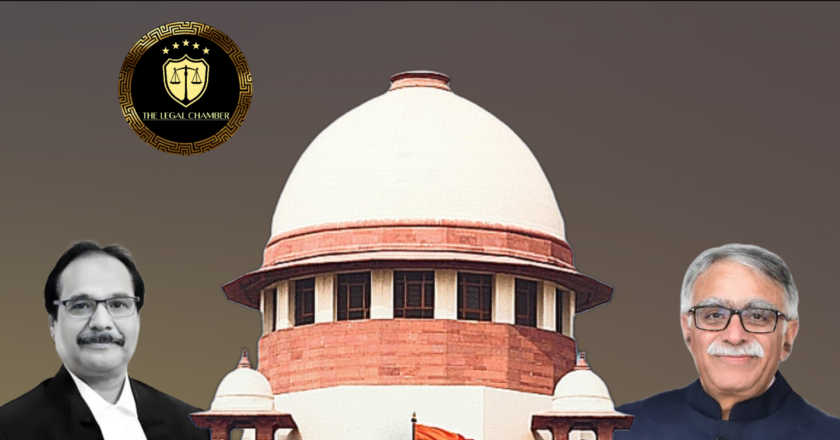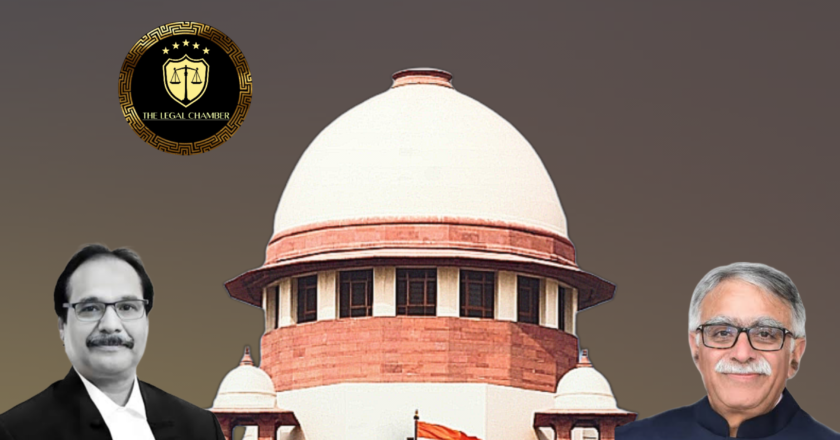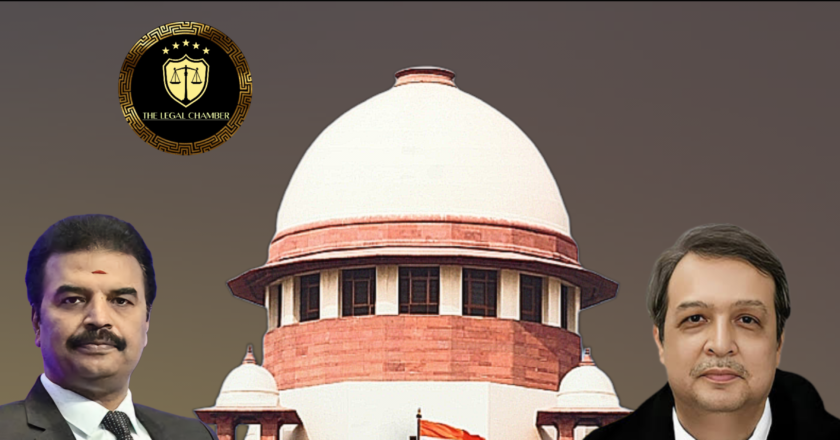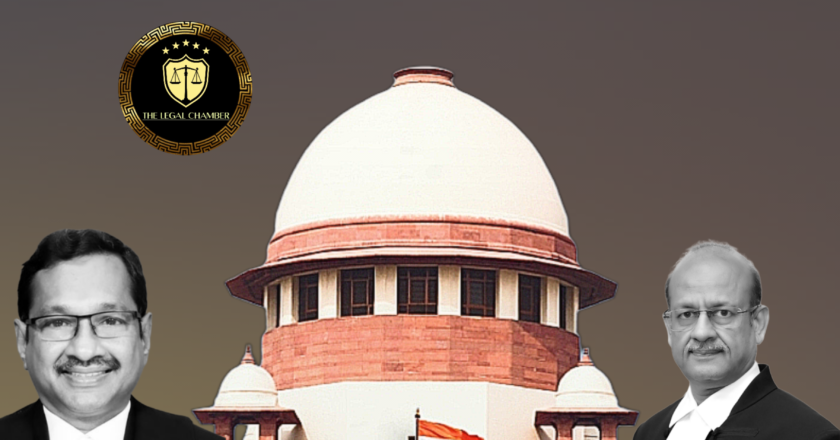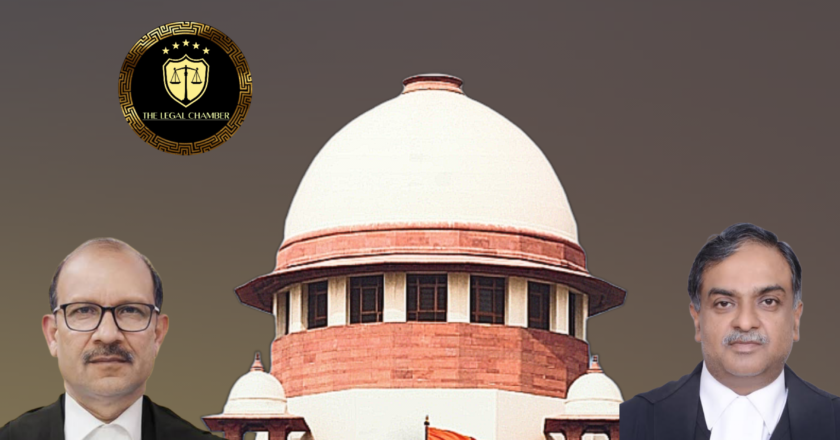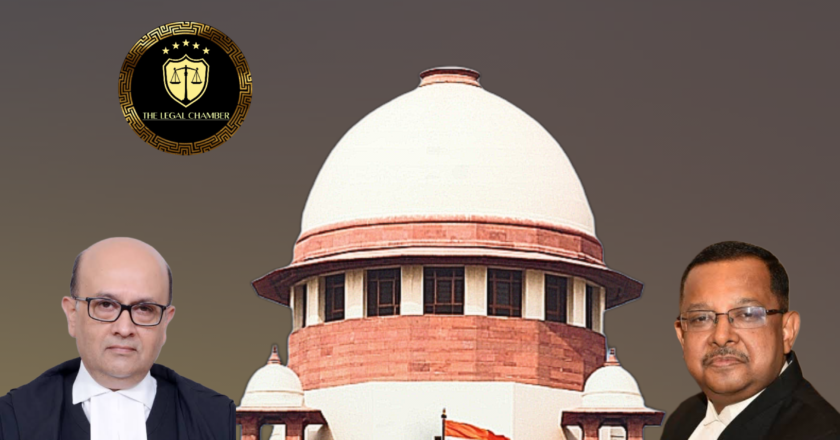Landmark Ruling: Supreme Court Says Not Every Act Against a Child is “Abuse”
The Supreme Court acquitted the appellant of charges under Section 8(2) of the Goa Children's Act, 2003, ruling that a single, incidental act of hitting a child with a school bag during a scuffle, absent evidence of deliberate cruelty or sustained maltreatment, does not meet the legal definition of "child abuse." The Court also set aside the conviction under Section 504 IPC, finding no intent to provoke a breach of peace. However, convictions under Sections 323 and 352 IPC were upheld, with the appellant granted probation.
Facts Of The Case:
On February 1, 2013, an incident occurred on the premises of St. Ann’s School in Goa involving the appellant, Santosh Khajnekar. He was alleged to have hit a child with a school bag belonging to his own son during a sudden altercation. The Fi...
